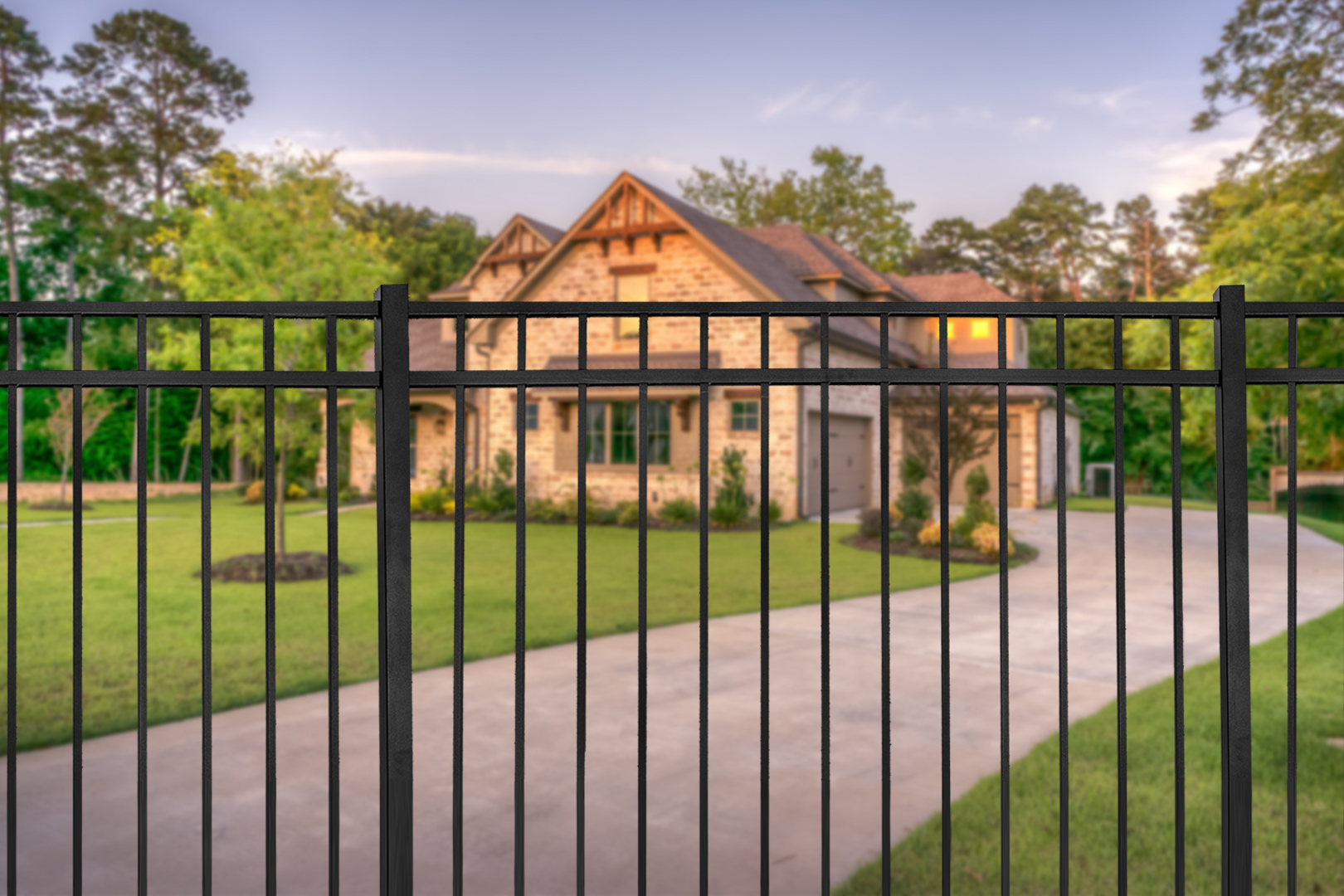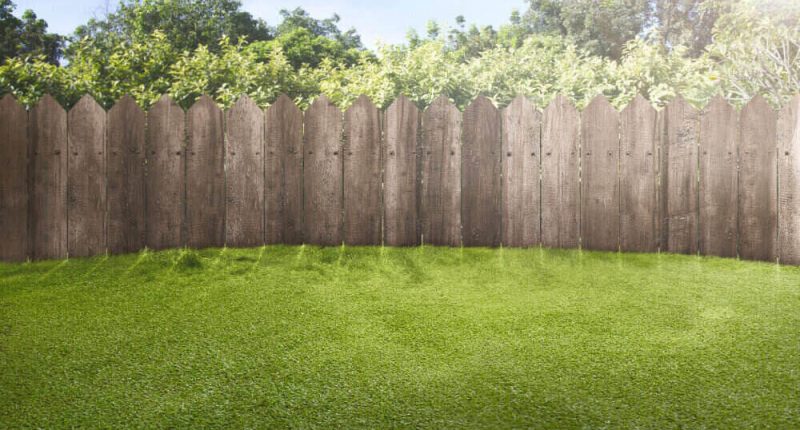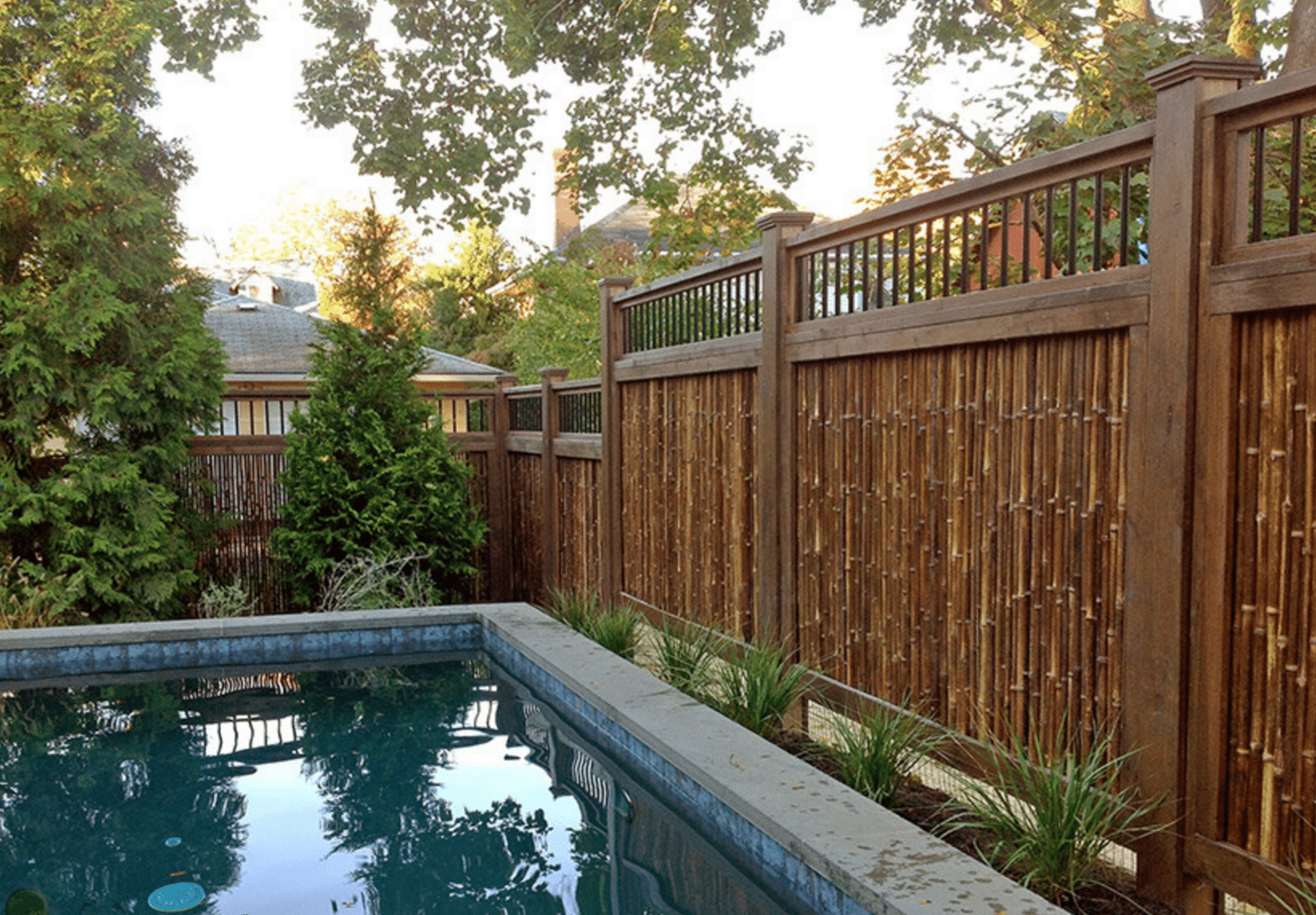All Categories
Featured

Selecting the ideal secure fencing product is necessary for achieving the balance of resilience, aesthetics, and functionality that suits your building. Timber, vinyl, and light weight aluminum are prominent selections, each with unique features that accommodate specific requirements. Below's an extensive look at the advantages and drawbacks of these 3 materials.
Timber Fencing. Pros:. Ageless Appeal: Wood provides a natural, traditional appearance that matches various architectural designs. Customizable: It can be repainted or stained in a variety of design and colors. Budget-friendly: Timber fences are typically cheaper ahead of time than vinyl or aluminum. Eco-Friendly: As a renewable energy, timber is eco-friendly and lasting when sourced properly. Disadvantages:. Maintenance-Intensive: Calls for normal staining, paint, or sealing to safeguard versus weather condition and insects. Shorter Lifespan: Depending on the type of wood and environment, it commonly lasts 10-15 years. Susceptability to Damages: Prone to rotting, bending, and termite damages without appropriate treatment. Timber is optimal for property owners who value visual appeals and want to spend time and effort in maintenance to extend its life.
Vinyl Fencing. Pros:. Long lasting: Resistant to pests, rot, and weather condition, plastic preserves its structure in rough conditions. Reduced Upkeep: Requires little maintenance past periodic cleaning. Long Life-span: Vinyl can last 20-30 years without substantial wear or damages. Functional Styles: Offered in different shades, appearances, and styles, consisting of choices that simulate timber. Cons:. Pricey Installment: Vinyl fencings are a lot more costly to install compared to timber. Weak in Cold Weather: Vinyl can break in severe cool environments. Tough to Repair work: If harmed, whole sections may require replacement, which can be testing to match. Vinyl fence is an excellent selection for those focusing on long life and minimal upkeep, even if it features a greater upfront expense.

Aluminum Secure Fencing. Pros:. Rust-Resistant: Light weight aluminum does not corrosion, making it suitable for moist or damp areas. Light-weight however Strong: Deals toughness without being excessively hefty, which streamlines installment. Reduced Maintenance: Calls for bit more than cleaning and periodic repainting. Durability: Light weight aluminum fencings can last for decades without substantial deterioration. Stylish Designs: Commonly made use of for attractive functions, aluminum includes refinement to any type of residential or commercial property. Cons:. High First Price: Light weight aluminum fencings are amongst the a lot more pricey alternatives. Minimal Personal privacy: Often developed with open spaces, they do not block sights or sound. Prone to Dents: While sturdy, light weight aluminum can be dented or bent with heavy effect. Aluminum is finest suited for those who desire a lasting, elegant fencing and do not need total personal privacy.
Making the Right Selection. Each product has its weak points and strengths:

Timber is best for traditional visual appeals and eco-conscious customers that do not mind upkeep. Plastic functions for homeowners looking for a weather-resistant, low-maintenance remedy. Aluminum is a long lasting, ornamental alternative for those that want style and long life. Consider your priorities-- whether it's expense, look, upkeep, or privacy-- and consult a fence expert to pick the product that ideal satisfies your needs. A well-selected fence will improve your property for years to find.
Latest Posts
Discover WyHy FCU – Key Tools for Your Future
Published en
1 min read
Why Chicago Drivers Pick Montclare Auto Repair for Trusted Service and Significant Savings
Published en
1 min read
Explore Your Financial Partner at WyHy – Top Benefits for Your Money Goals
Published en
1 min read
More
Latest Posts
Discover WyHy FCU – Key Tools for Your Future
Published May 26, 25
1 min read
Why Chicago Drivers Pick Montclare Auto Repair for Trusted Service and Significant Savings
Published May 21, 25
1 min read
Explore Your Financial Partner at WyHy – Top Benefits for Your Money Goals
Published May 21, 25
1 min read